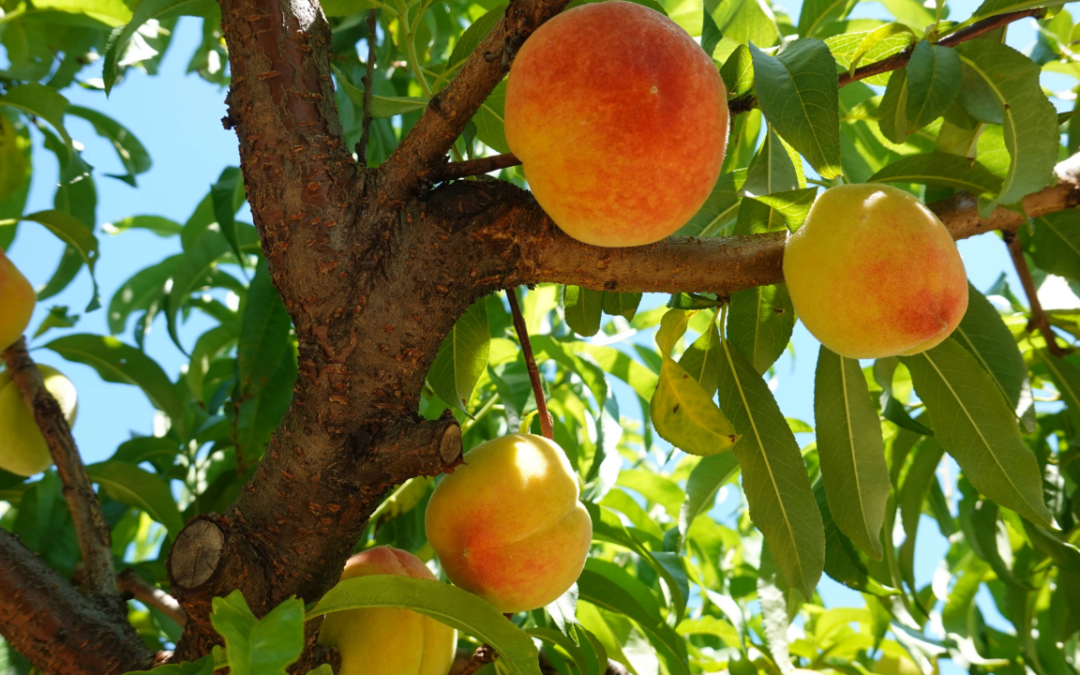
Centers & Institutes
Much of our research in the College of Agriculture and the Alabama Agricultural Experiment Station occurs through our support of interdisciplinary research centers, institutes and initiatives at Auburn University. Our work through these organizations is central to our work to improve lives throughout our state, region, nation and world.
Auburn University Bee Center
Housed in the College of Agriculture’s Department of Entomology and Plant Pathology, we are the AU-BEES (named after Auburn’s world-famous mascot Aubie). Our outreach, extension, and research activities benefit our local community while educating the public on our vital work.
CENTER FOR BIOENERGY & BIOPRODUCTS (CBB)
Auburn University’s Center for Bioenergy and Bioproducts (CBB) was established in 2007 to advance economic development in the region by creating new energy and value-added products from our biomass resources. Auburn is located at the center of a region rich in renewable forest and agricultural biomass resources.
HUNGER SOLUTIONS INSTITUTE (HSI)
Auburn University’s Hunger Solutions Institute (HSI) focuses on the positive aspects of transformative change and creates innovative approaches to problems rooted in the status quo. It represents a new paradigm of university leadership to address hunger and malnutrition at home and abroad.
NATIONAL POULTRY TECHNOLOGY CENTER (NPTC)
The National Poultry Technology Center (NPTC) at Auburn University’s mission, in partnership with the Alabama Poultry & Egg Association, is to improve the bottom-line profitability of the live production sector of the U.S. poultry industry by providing timely applied research and education resulting in increased efficiencies in housing, equipment, energy, and environmental control.
WATER RESOURCES CENTER (AUWRC)
The mission of the Auburn University Water Resources Center (AUWRC) is to facilitate successful collaboration among Auburn University faculty and staff on multidisciplinary, water-related research, outreach and teaching, and to facilitate the active involvement of private citizens in the stewardship of water resources.

